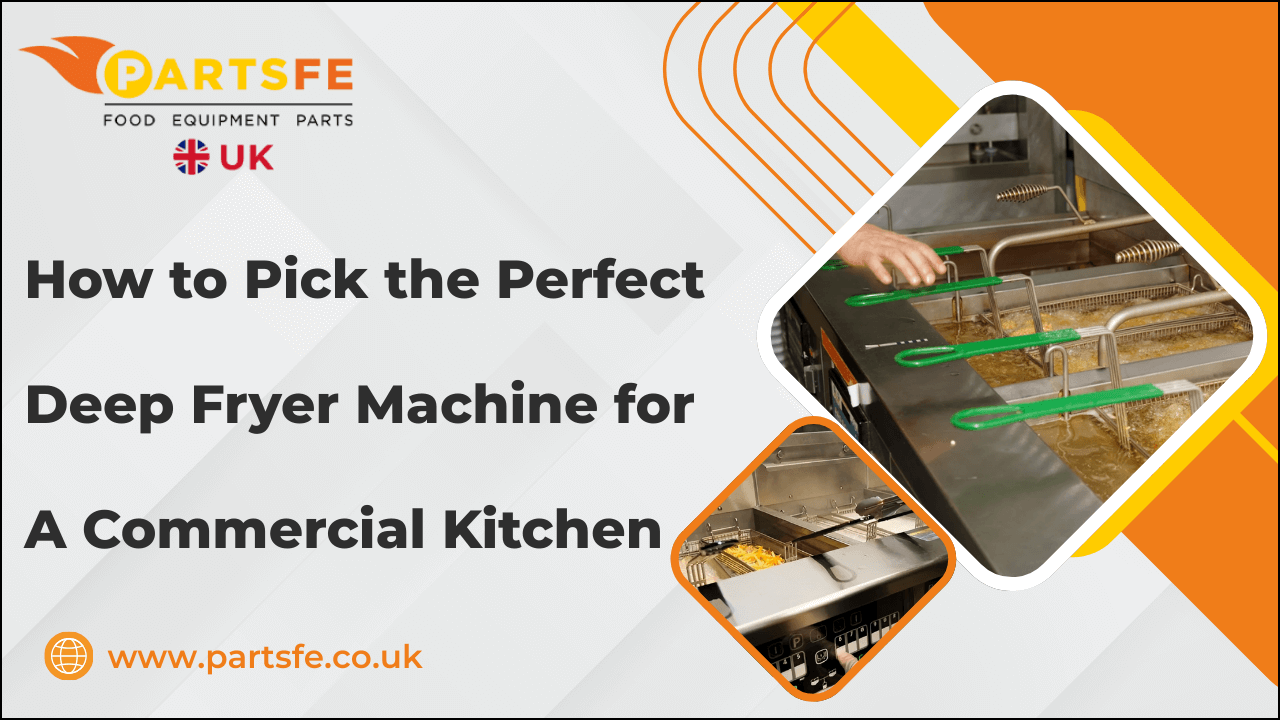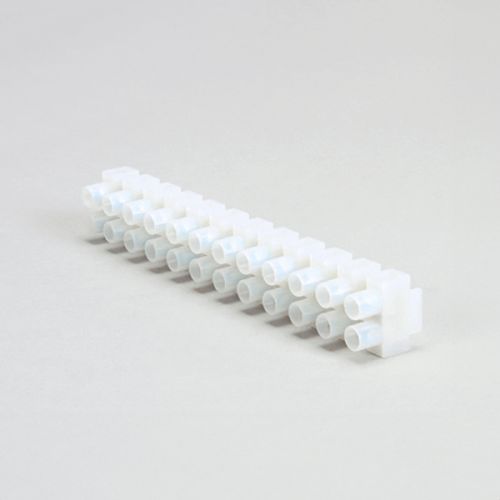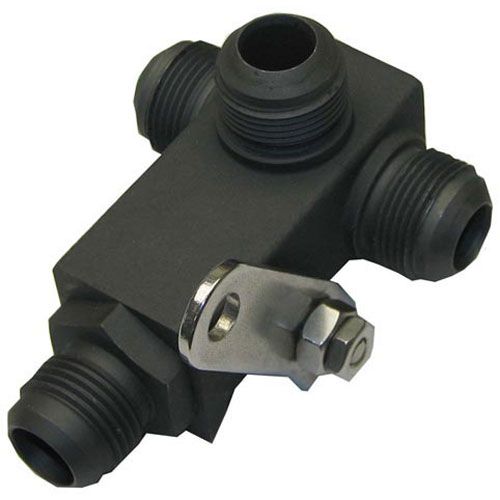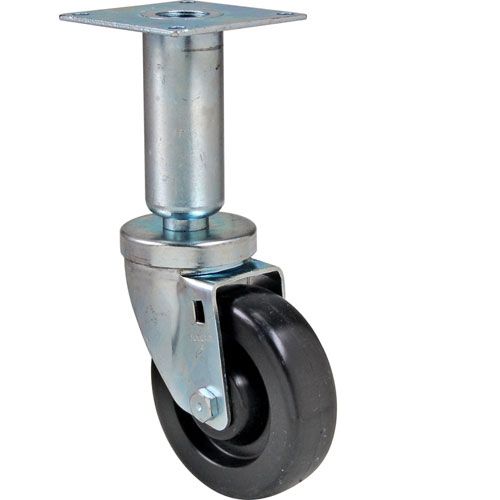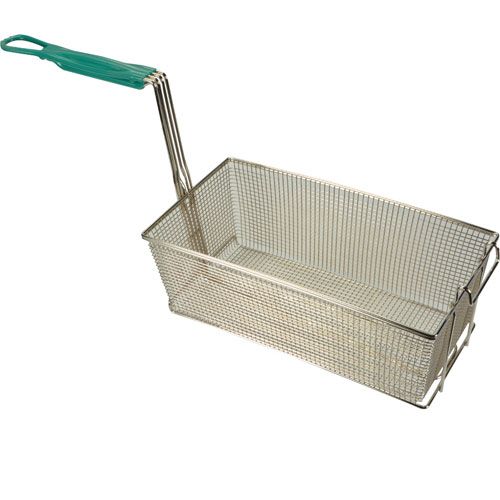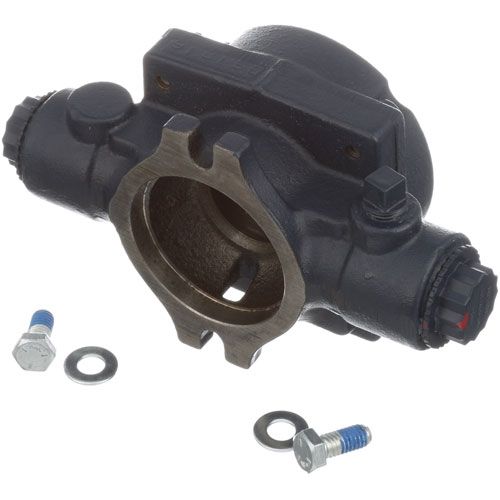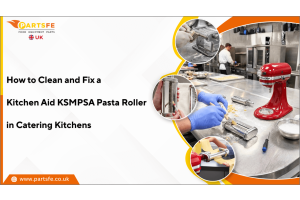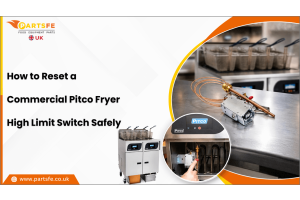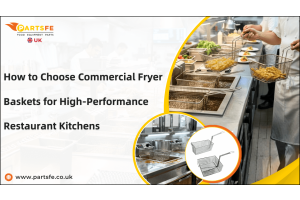How to Pick the Perfect Deep Fryer Machine for a Commercial Kitchen
Deep fryers are indispensable in commercial kitchens, providing a versatile method for cooking a wide array of popular foods, from crispy French fries to golden chicken. Selecting the right deep fryer is crucial for optimizing kitchen efficiency, ensuring food quality, and managing operational costs. A well-chosen fryer can significantly enhance your kitchen's output, reduce waste, and maintain consistent food standards.
With a vast array of options available, finding the ideal deep fryer can be a daunting task. This comprehensive guide aims to navigate the complexities of choosing a commercial deep fryer, covering essential factors such as fryer types, capacity, power source, key features, safety, and budget considerations.
Types of Commercial Deep Fryers
Understanding the different types of commercial deep fryers is the first step in making the right choice for your kitchen.
|
Category |
Type |
Description |
|
Placement |
Countertop fryers |
|
|
Floor fryers |
|
|
|
Power source |
Gas fryers |
|
|
Electric fryers |
|
|
|
Design |
Open pot fryers |
|
|
Tube-style fryers |
|
|
|
Flat-bottom fryers |
|
Determine Fryer Capacity Based on Kitchen Volume
The capacity of your deep fryer should align with the volume of fried food your kitchen needs to produce. Consider the pounds per hour output and the size of the fryer baskets to ensure they match your menu demand.
-
Pounds per hour output: Estimate the amount of fried food you need to produce during peak hours. This will help you determine the required oil capacity and heating power of the fryer. Larger restaurants with high demand will need fryers with higher output capabilities.
-
Size of fryer baskets: The size of the fryer baskets determines how much food you can cook in a single batch. Ensure the baskets are large enough to handle your most popular menu items efficiently. Multiple baskets can also be beneficial for cooking different items simultaneously without flavor transfer.
-
Matching capacity with menu demand: Analyze your menu and estimate the demand for fried items. Choose a fryer that can handle the peak demand without compromising food quality or slowing down service. It’s better to slightly overestimate your capacity needs to accommodate future growth.
Consider Power Source
The choice between gas and electric fryers depends on several factors, including heating time, cost-efficiency, and installation requirements. Assess your local utility availability to determine the most suitable option for your kitchen.
-
Differences between gas and electric: Gas fryers typically offer faster heating and recovery times, making them ideal for high-volume operations. They are generally more cost-efficient in terms of energy consumption for large-scale frying. Electric fryers, however, are easier to install, requiring only an electrical connection. They also tend to have more precise temperature control, which can be beneficial for certain types of food.
-
Heating time: Gas fryers generally heat up faster than electric models, allowing for quicker start-up times and faster recovery between batches. This can be a significant advantage during peak hours.
-
Cost-efficiency: While the initial cost of gas fryers may be higher, they often have lower long-term operational costs due to the lower price of natural gas compared to electricity. However, electric fryers can be more energy-efficient for smaller operations with lower frying volumes.
-
Installation: Electric fryers are easier to install as they only require an electrical connection. Gas fryers require a gas line connection, which may involve additional installation costs and permits.
-
Local utility availability: Check the availability and cost of gas and electricity in your area. This will help you determine the most cost-effective power source for your fryer.
Commercial Deep Fryer Filters 101: When and How to Replace Them
Key Features to Look For
Several key features can enhance the performance, safety, and ease of use of your commercial deep fryer.
-
Thermostat control: Precise thermostat control is essential for maintaining consistent oil temperature and ensuring food is cooked evenly. Look for fryers with accurate and responsive thermostats.
-
Oil filtration system: An advanced oil filtration system extends the life of your frying oil, reduces waste, and ensures consistent food quality. Filtration systems remove food particles and sediment from the oil, preventing them from burning and affecting the flavor of the food.
-
Safety features: Safety features are paramount in a commercial kitchen. Look for fryers with auto shut-off mechanisms to prevent overheating and fires. Splash guards help contain hot oil and prevent burns
-
Easy-to-clean components: Choose a fryer with easy-to-clean components to simplify maintenance and ensure hygiene. Removable parts and smooth surfaces make cleaning more efficient.
Material and Build Quality
The material and build quality of a deep fryer determine its durability and longevity.
-
Stainless steel construction: Stainless steel is the preferred material for commercial deep fryers due to its durability, resistance to rust and stains, and ease of cleaning. Look for fryers with heavy-duty stainless steel construction to withstand the rigors of a commercial kitchen.
-
Durability under heavy use: Ensure the fryer is built to withstand heavy use and frequent cleaning. Reinforced components and sturdy construction are essential for long-term reliability.
-
Resistance to rust and stains: Stainless steel is naturally resistant to rust and stains, making it ideal for use in a hot, greasy environment. This helps maintain the fryer's appearance and prevents contamination.
Energy Efficiency and Cost of Operation
Energy efficiency is an important consideration for reducing operational costs and minimizing environmental impact.
-
Energy star-rated models: Look for Energy Star-rated fryers, which are designed to use less energy and reduce operating costs. These models meet strict energy efficiency guidelines and can save you money on your utility bills.
-
Long-term operational cost vs. initial investment: Consider the long-term operational costs of the fryer, including energy consumption, oil usage, and maintenance expenses. While a more energy-efficient model may have a higher initial cost, it can save you money in the long run.
Safety and Compliance
Safety and compliance with local regulations are essential for protecting your staff and customers.
-
Certifications (NSF, ETL, CE): Ensure the fryer is certified by reputable organizations such as NSF, ETL, or CE. These certifications indicate that the fryer meets specific safety and sanitation standards.
-
Meeting local fire and kitchen safety codes: Check with your local authorities to ensure the fryer meets all applicable fire and kitchen safety codes. This may include requirements for ventilation, fire suppression systems, and electrical safety.
Maintenance and Cleaning Requirements
Regular maintenance and cleaning are essential for prolonging the life of your deep fryer and ensuring food safety.
|
Factor |
Details |
|
Accessibility of parts for cleaning |
Fryers with removable baskets, heating elements, and control panels are easier to clean. |
|
Ease of draining and filtering oil |
Models with built-in oil drainage and filtration systems streamline maintenance. |
|
Availability of spare parts |
Readily available spare parts reduce downtime and simplify repairs. |
Commercial Deep Fryer Pots Maintenance: Everything You Need to Know
Budget and Brand Consideration
Finding a balance between price and performance is crucial when choosing a commercial deep fryer. Research trusted brands known for their quality and reliability.
-
Balance between price and performance: Determine your budget and identify fryers that offer the best value for your money. Consider the long-term costs of ownership, including energy consumption, maintenance, and repairs.
-
Trusted commercial fryer brands: Some of the trusted commercial fryer brands include Pitco, Frymaster, Imperial, Vulcan, and Garland. These brands are known for their quality, reliability, and performance.
Final Checklist Before Buying
Before making a final decision, consider the following checklist:
-
Kitchen space constraints: Measure your kitchen space to ensure the fryer will fit comfortably without obstructing workflow.
-
Staff training requirements: Ensure your staff is properly trained on how to operate and maintain the fryer safely.
-
Warranties and support: Check the warranty and support offered by the manufacturer. A comprehensive warranty protects you against defects and ensures access to technical support when needed.
Choosing the perfect deep fryer for your commercial kitchen requires careful consideration of various factors, including fryer types, capacity, power source, key features, safety, and budget. By thoroughly evaluating these aspects and aligning them with your specific needs, you can make a smart, tailored choice that enhances your kitchen's efficiency, ensures food quality, and contributes to the growth of your business. PartsFe UK offers a wide range of commercial fryer spare parts, including fryer baskets, deep fryer filters, fryer thermocouples, and pot caster wheels. Find the essential components you need to keep your commercial kitchen running smoothly.
FAQs
What is the ideal oil type to use in a commercial deep fryer?
High-smoke-point oils such as peanut oil, canola oil, or sunflower oil are ideal for commercial fryers. They offer better stability under high temperatures and extend the oil life, making them cost-efficient and consistent for heavy usage.
How often should oil be changed in a commercial deep fryer?
Oil should typically be changed every 6–10 uses, depending on what’s being fried and how heavily the fryer is used. Regular filtering can extend oil life, but once it darkens, smells rancid, or smokes excessively, it’s time to replace it.

